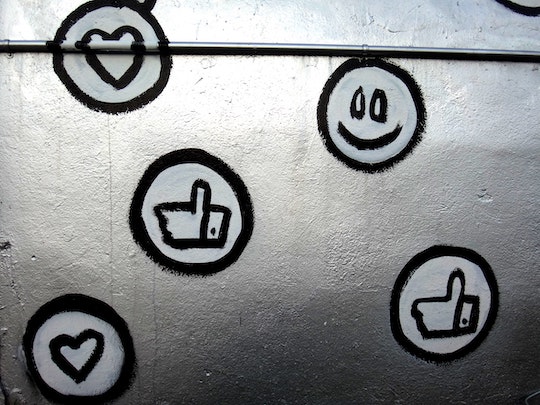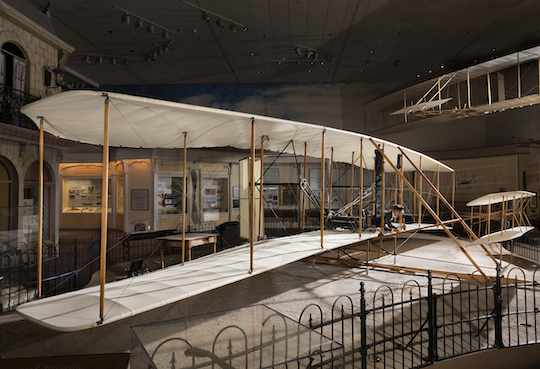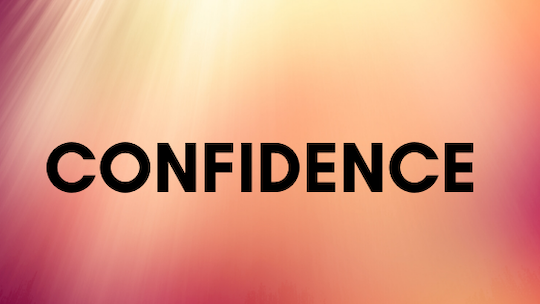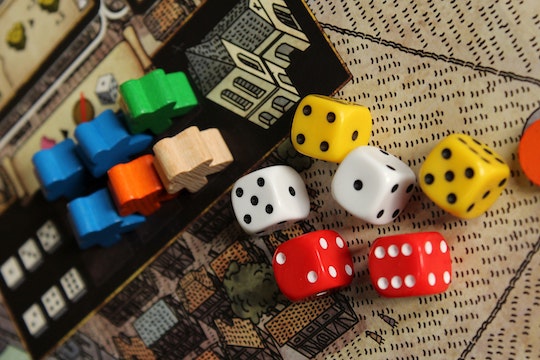“I wish you way more than luck.”
—David Foster Wallace, late American writer and university professor

Image from Unsplash by George Pagan III
Eliyahu Goldratt has a provocative quote about luck that has a bit more meat on the bone. It states: Good luck is when opportunity meets preparation, while bad luck is when lack of preparation meets reality.
Who hasn’t, from time to time, wished others good luck on some personal or professional objective?
Being nice, courteous, polite, and positive seems like a good thing to do but how much of a difference does it actually make?
Similarly, how much of an impact does liking or retweeting a social media post have?
EXERCISE:
What does wishing someone more than luck look like to you? How might it include supporting someone’s preparedness, or foster greater opportunities for those you wish to support?
Feel free to reply to this post to share your perspective.














